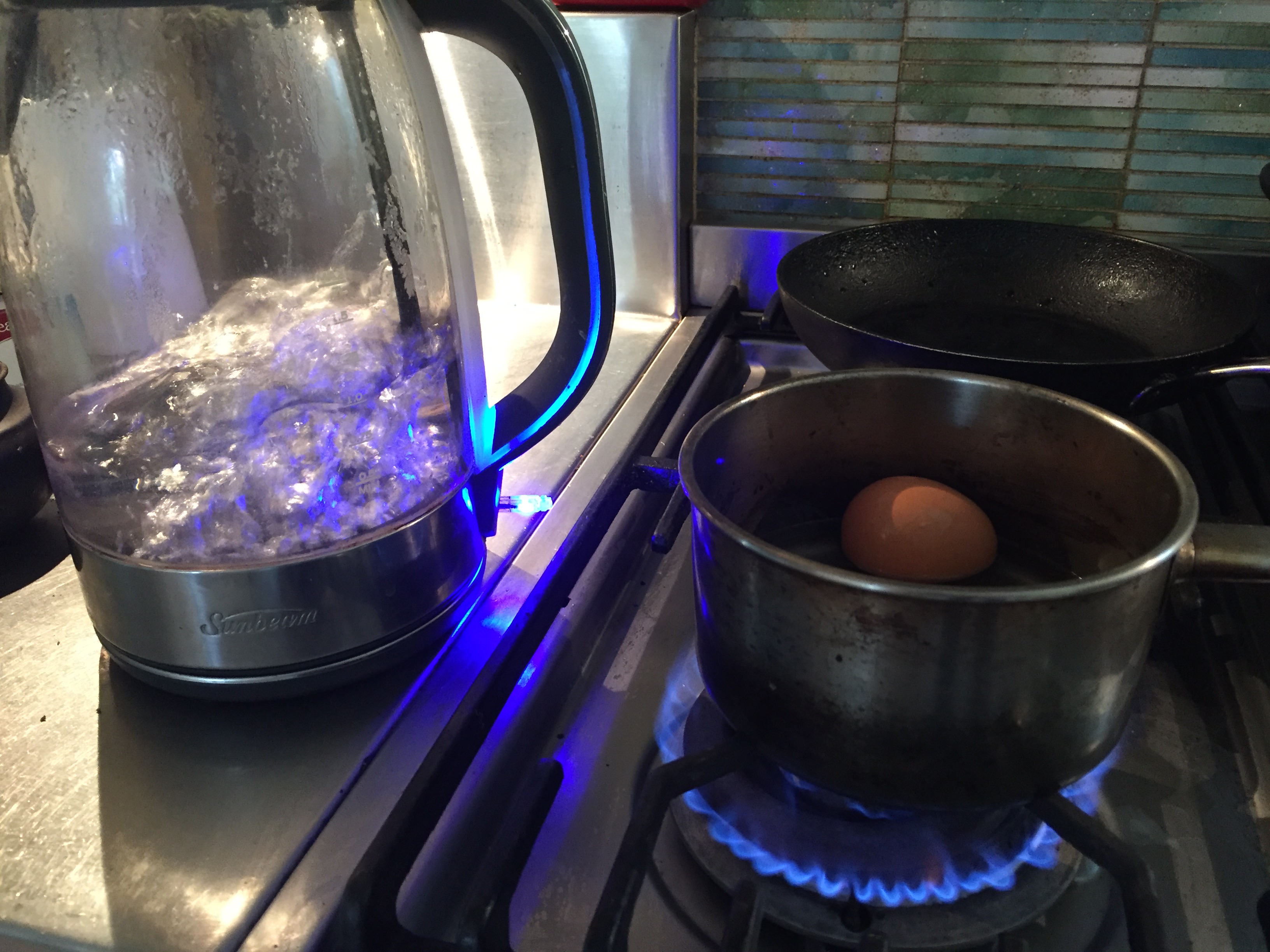“Cooking with gas” should not be a cause for concern

This volatile debate is hardly going to be resolved anytime soon, so in the meantime how should we feel about using natural gas in the home?
I value the gas we use responsibly for heating and cooking in our home and while its price has increased of late, we have no plans to disconnect yet.
But should those people who express doubt and dismay about natural gas, and may well live in the 5 million gas-connected homes, consider pulling the plug (or rather the pipe)?
The question arises as the federal government is pushing an all-out gas-led recovery and some within Labor argue we should ditch domestic gas appliances altogether in favour of green-electricity options.
All sides claim their arguments are based on the ‘science’ but it does depend whose science you happen to believe or support.
The many contested areas include:
- the environmental, with the effects of developing reserves on farm land,
- the atmospheric, in terms of the fugitive emissions of methane and
- the economic, with doubts cast about the whole financial viability of gas.
We as mere consumers are hardly expert in these fields and we need to rely on the ‘professionalism’ or expertise of others who have, or may claim, authority in their area.
So the support for the gas transition from the Chief Scientist Alan Finkel, who says it emits half the carbon dioxide of coal and has other benefits, is good enough for me.
But some other scientists in Australia disagree and have pressured for a retreat from the policy.
I believe even consumers who might be ‘amateurs’ in this market still have a voice worth hearing. Some will be against the gas push but presumably a good number will either be in favour or don’t know.
It’s necessary to be open about the FiftyUp Club being involved in providing you with energy market offers, which can include gas, and I have worked with campaigns to raise awareness about the benefits of using natural gas as a transitional energy source.
But I doubt many consumers are aware of actions which may reduce their access to gas. There are plans, the most advanced being in the ACT, to no longer make it mandatory to connect new dwellings to a gas supply.
In Victoria, the Labor Environment Action Network (LEAN), is calling on us to junk gas heaters and stoves and switch to energy-efficient electric appliances instead. They claim this is a win for the environment and the householder, but the sums as ever are disputed.
The opposition seems split, with Joel Fitzgibbon the agriculture and resources spokesman warning: “Labor needs to be mindful not the let the perfect get in the way of the possible.”
To my mind it’s a good enough principle for all of us. If I was dead set against gas on principle I would seriously consider disconnecting.
But as I believe it has a legitimate role in the transition and remains a legal market, I shall boil my daily egg under its flame (photographic evidence provided above).
Should you believe otherwise, there are other options from the microwave to the induction stove top. Thankfully we have a choice until the time, if it may ever come, when they turn the gas off.
(PS - After writing this blog federal energy and emissions reduction minister Angus Taylor unveiled four core principles for achieving global cuts to damaging emissions at the National Press Club on Tuesday Sept 22. Number three on his list was respect for consumer choice.)
Any information general advice, it does not take into account your individual circumstances, objectives, financial situation or needs.

